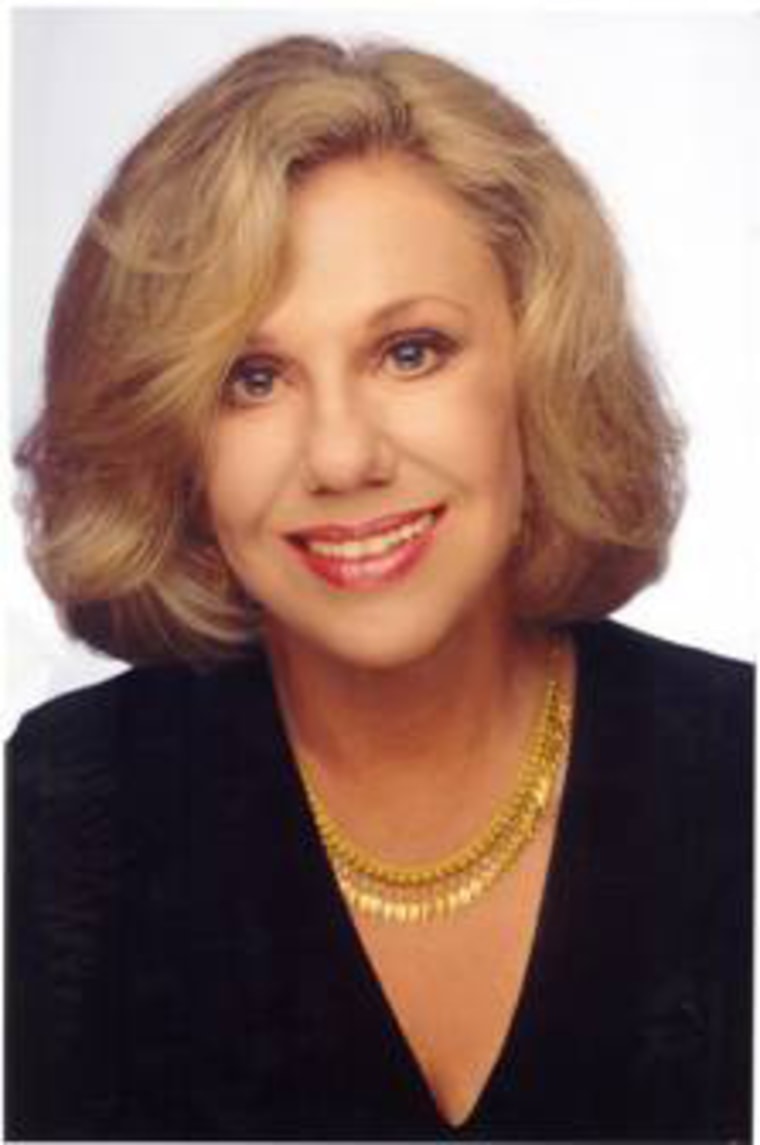Cause Celeb highlights a celebrity’s work on behalf of a specific cause. This week, we speak with about her advocacy of social activism through poetry. Jong highlights the ability of poetry to inspire others to make a positive change in the world through organizations such as . Poetic People Power holds its eighth annual event, titled "Price Check: How We Became A Culture of Consumption," on May 19 at The Producers' Club, Grand Theater in New York City. Poets will premiere new poems about the economics, psychology and costs of our consumerism culture. Poets include Tara Bracco, Erica R. DeLaRosa, Andy Emeritz, Nate Gunsch, Angela Kariotis, Frantz Jerome, Shetal Shah and Justin Woo.
Jong is an acclaimed novelist and poet and has authored the best-selling "Fear of Flying," which sold more than 20 million copies, and has recently released her seventh collection of poetry, "Love Comes First."
Q: Can you tell me about Poetic People Power and how you came to know Tara Bracco, the founder?
Jong: I know Tara because she worked in my office and I know she’s a serious person and a good writer. Her aim has been [to] marry poetry and social activism, and that’s what Poetic People Power is all about.
Q: How have your personal experiences as a poet enhanced your involvement with activism?
Jong: I want to write poetry that tells the truth of the human heart because I think that down the line if you move people, and you move them to look inside themselves and to appreciate nature, they will become more sensitive to political changes. But I don’t want to do it in a direct way. I would rather do it in an indirect way.
Q: What does “an indirect way” mean to you?
Jong: That poetry does open you up and give you increased sensitivity to what is going on in the world. But I would be wary of using poetry only as a means of social change.
Q: Besides giving money, what are some ways people can support struggling poets as well as important social issues, such as the water crisis?
Jong: Well, you know, we all have our own pet issues that we donate money to, that we speak out for, and that’s very important. People want to see an exact relationship between issues and writing, and I don’t think that can be.
I think the issues we support are parallel to our sensitivity, rather than directly promoting it. And the more you are made aware of your environment and the issues there, the more you can choose which ones you want to focus on. I think one of the problems with activism today is that there are so many issues, one almost doesn’t know where to begin. And we all have to choose the ones that are the most important.
Q: Why are poetry and activism a good fit?
Jong: They are a good fit because poetry makes you aware of our human context. It makes you aware of nature and how important nature is.
Q: Can you tell me a little bit about what projects you are currently working on?
Jong: I’m working on a new novel. I’m working on an anthology and I always write poetry when poetry comes. My latest book is called "Love Comes First." It has a lot of poems about nature. It also has poems about the encroachment of the sea on the land, which is something that I am very concerned with. Because I think we’re underestimating the degree to which the sea level may rise with the melting of the glaciers and so on.
Q: Of all of your poetry that relates to activism, is there one that you feel is your most powerful?
Jong: No, I think that there are many things in this book. There’s a sequence of love poems, Aphrodite, there are poems … that indirectly deal with climate change and the rising of the sea level. But I believe in Tolstoy’s dictum, that a book leaves a stronger impression when it is impossible to know which side the author is on. I think that writing poetry as a agitprop is not a good idea. I think it is a better idea to write out of your heart and let people take your poems and use them to wake up issues.
